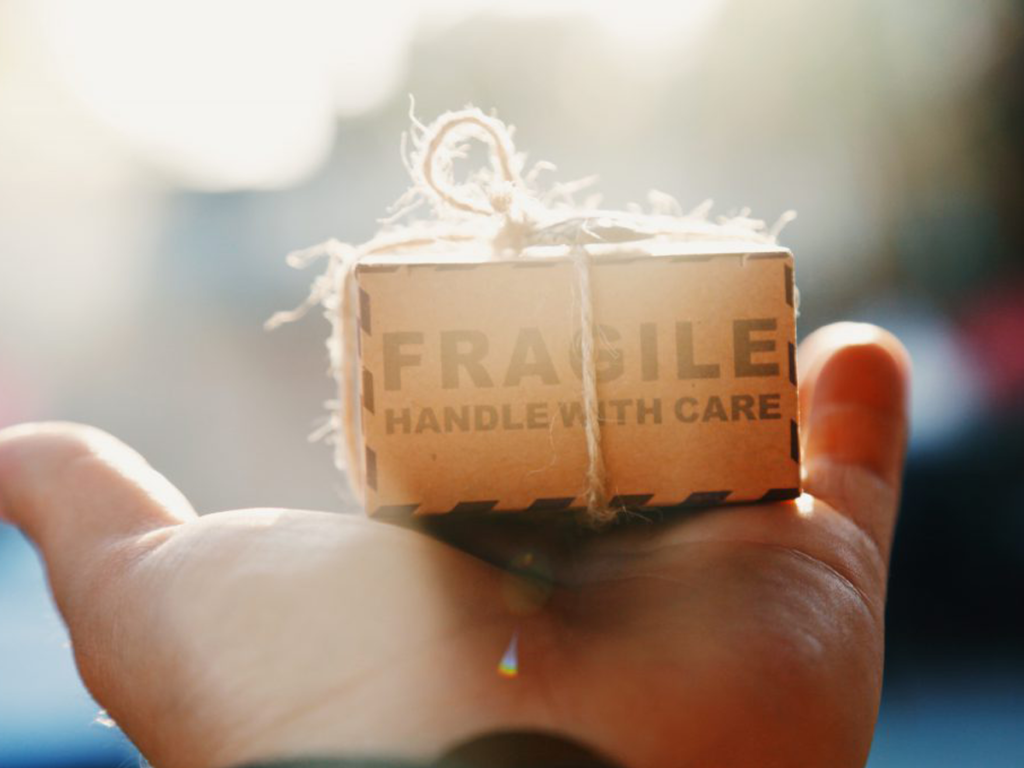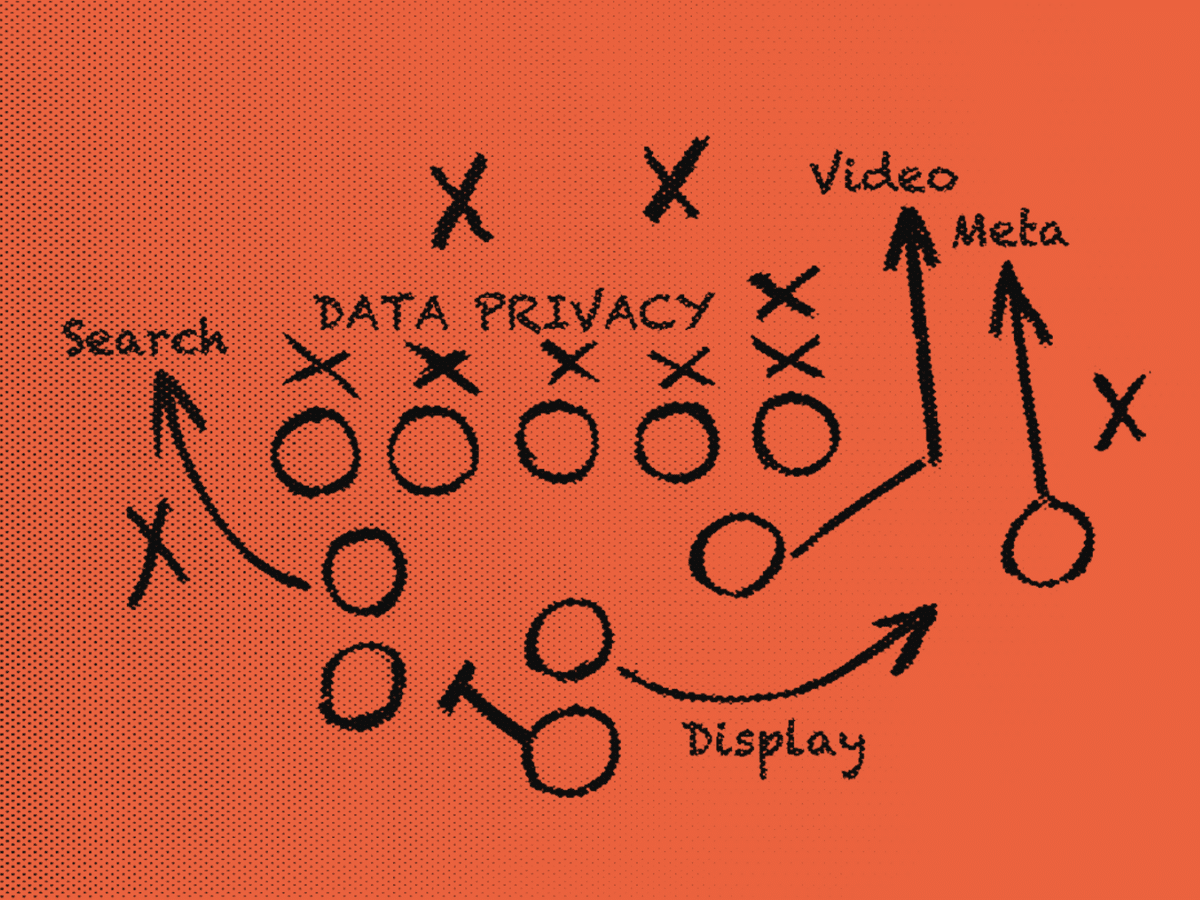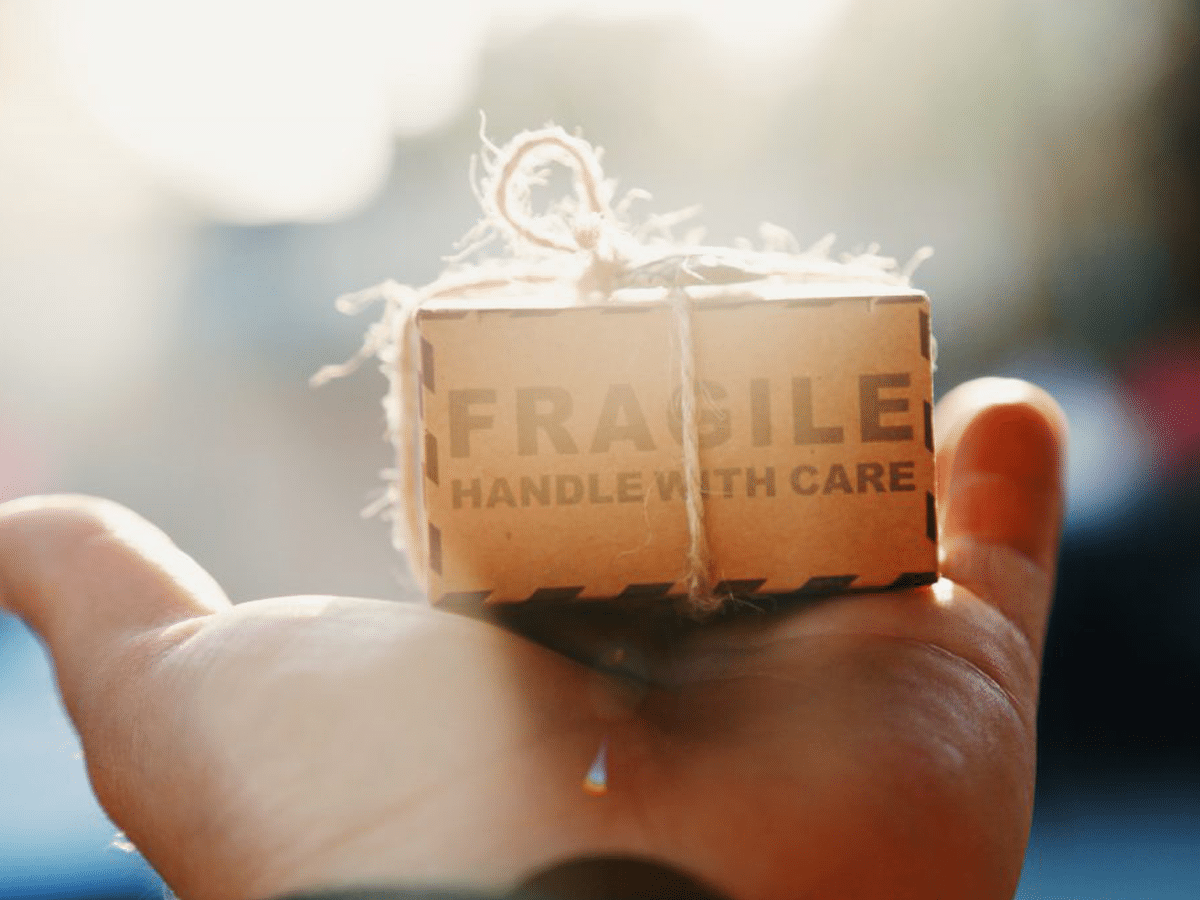Home delivery is the next big thing in the cannabis industry.
Some states already allow it; others are considering it. Many jurisdictions aren’t even sure how to legally define the limits of home delivery and what it entails.
But despite the circumstances surrounding home delivery, one factor remains a constant—cannabis users demand it.
Most of the time, the conversation about consumer demand revolves around recreational users. But medical cannabis users are the ones who stand to benefit the most from legal cannabis delivery.
Why Does Medical Cannabis Delivery Make Sense?
The medical cannabis market includes people with a broad range of diseases and disorders. Not everyone is fit to drive a car to the nearest dispensary and purchase the medical marijuana products they need.
When it comes to serious illnesses like cancer and multiple sclerosis, it’s often not possible for a patient to drive themselves to receive treatment. Some veterans with post-traumatic stress disorder have flashbacks that are triggered by driving.
Until now, these people have been able to obtain treatment through the intervention of a caregiver. However, appointing caregivers is not a solution to the problem—it’s a workaround.
The bigger issue is that medical marijuana users who can’t use legal cannabis delivery services are likely to call on black market dealers who are happy to deliver. Unfortunately, obtaining marijuana in this way exposes people to dangerous fake products and unsafe cannabis.
This undermines the entire legal cannabis industry and illustrates the need for HIPAA-compliant point-of-sale (POS) solutions that work with medical cannabis delivery services.
Seed-to-Sale Compliance and Home Delivery
Legal cannabis dispensaries that wish to begin delivering marijuana products to medical patients quickly run into a problem. They need to report every sale to their state’s seed-to-sale compliance software.
These software platforms don’t always make it easy to integrate mobile POS solutions. It takes a lot of resources, talent, and development time to create a legal cannabis delivery platform that can automatically update a system like METRC while providing best-in-class data security.
This issue grows with the size and scope of the cannabis dispensary itself. A large, multi-state cannabis dispensary network has to maintain compliance with the constantly changing regulations in several states at the same time. While cannabis delivery may be legal in California, that doesn’t mean it’s acceptable in Maryland or any other state.
Cannabis dispensary owners looking for HIPAA-compliant delivery systems will need to invest in platforms that ensure compliance while making it easy to manage delivery services. At the same time, cannabis safety and courier accountability remain top priorities.
Integrating Point of Sale technology with Delivery Platforms
ezGreen Compliance Point of Sale has integrated with Metrc seed to sale platform and signed API agreements in 12 states. Tracking Cannabis products under state regulations include retail and non-retail sales in the form of home delivery. Dispensaries that work with platforms like Eaze effectively outsource their compliance concerns while boosting business to medical and recreational users alike. Eaze empowers dispensaries to deliver to their customers without having to invest in their own fleet of delivery vehicles and providers while also offering on-demand compliance.






